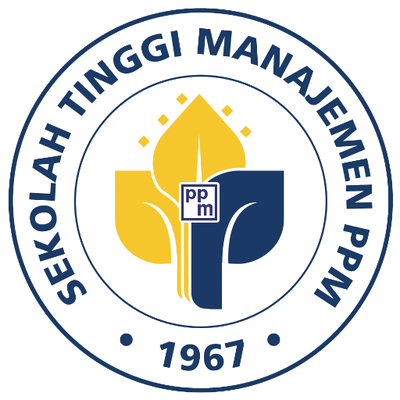Sikap Pelaku Pariwisata terhadap Potensi Wisata Syariah di Obyek Wisata Telaga Ngebel Ponorogo
Abstract
Keywords
References
Battour, M., Hakimian, F., Ismail, M., & Boğan, E. (2018). The perception of non-Muslim tourists towards halal tourism: Evidence from Turkey and Malaysia. Journal of Islamic Marketing, 9(4), 823–840. https://doi.org/10.1108/JIMA-07-2017-0072
Battour, M., & Ismail, M. N. (2014). The Role of Destination Attributes in Islamic Tourism. SHS Web of Conferences, 12. https://doi.org/10.1051/shsconf/20141201077
Bryman, A., & Bell, E. (2015). Business Research Methods. In 4th edition. Oxford University Press.
Devi, A., & Firmansyah, I. (2019). Developing Halal Travel and Halal Tourism To Promote Economic Growth : Journal of Islamic Monetary Economics and Finance, 5(1), 193–214.
Jafari, J., & Scott, N. (2014). Muslim world and its tourisms. In Annals of Tourism Research (pp. 1–19). https://doi.org/10.1016/j.annals.2013.08.011
Khan, F., & Callanan, M. (2017). The “Halalification†of tourism. Journal of Islamic Marketing, 558–577. https://doi.org/10.1108/JIMA-01-2016-0001
Mohsin, A., Ramli, N., & Alkhulayfi, B. A. (2016). Halal tourism: Emerging opportunities. In Tourism Management Perspectives (pp. 137–143). https://doi.org/10.1016/j.tmp.2015.12.010
Pariwisata, D. (n.d.). Wisata Religi. Dinas Pariwisata: Ponorogo.
Pariwisata, K. (2016). Laporan Akhir Kajian Pengembangan Wisata Syariah. Kementrian Pariwisata: Jakarta. Kementerian Pariwisata: Jakarta.
Permadi, L. A., Darwini, S., Retnowati, W., Negara, I. K., & Septiani, E. (2018). Persepsi dan Sikap Masyarakat Terhadap Rencana Dikembangkannya Wisata Syariah di Provinsi NTB. Amwaluna: Jurnal Ekonomi Dan Keuangan Syariah, 12(1), 34–53. https://doi.org/10.29313/amwaluna.v2i1.3275
Satriana, E. D., & Faridah, H. D. (2018). Wisata Halal: Perkembangan, Peluang dan Tantangan. Journal of Halal Product and Research, 1(2).
Sekaran, U., & Bougie, R. (2003). Research method for business: A skill building approach, 5th edition. In United States: John Wiley & Sons Inc.
Shaharuddin, N. A., Kassim, S., Yusof, A. M., Bakar, N. A., & Talib, N. A. C. (2018). The customer’s perception towards shariah-compliant hotel in Malaysia. International Journal of Academic Research in Business and Social Sciences, 8(15), 109–130. https://doi.org/10.6007/IJARBSS/v8-i15/5096
Sugiyono. (2018). Metode Peneiltian Kuantitatif, Kualitatif dan R&D. In Alfabeta Bandung.
Yusof, M. F. M., & Muhammad, M. Z. (2010). Introducing Shariah Compliant Hotels as a New Tourism Product : The Case of Malaysia Malaysia ’ s Tourism Industry Islamic Tourism in Malaysia. Entrepreneurship Vision 2020: Innovation, Development Sustainability, and Economic Growth 1145, 1(4), 103–111.
Zamani-Farahani, H., & Musa, G. (2012). The relationship between Islamic religiosity and residents’ perceptions of socio-cultural impacts of tourism in Iran: Case studies of Sare’in and Masooleh. Tourism Management, 33(2), 802–814. https://doi.org/10.1016/j.tourman.2011.09.003
ACKNOWLEDGEMENT
Terima kasih penulis sampaikan kepada Direktorat Riset dan Pengabdian Masyarakat Direktorat Jenderal Penguatan Riset dan Pengembangan Kementrian Riset, Teknologi/ Badan Riset dan Inovasi Nasional (Kemenristek-BRIN) yang telah memberikan dana hibah penelitian melalui skema penelitian dosen pemula (PDP) tahun anggaran 2020.
DOI: https://doi.org/10.34149/jmbr.v18i1.238
Indexing
JMBR Editorial Office: PPM School of Management, Jl. Menteng Raya 9-19 Jakarta 10340 Phone: 021-2300313 ext 2354

License
JMBR is using CC BY License
This work is licensed under a Creative Commons Attribution 4.0 International License.


















